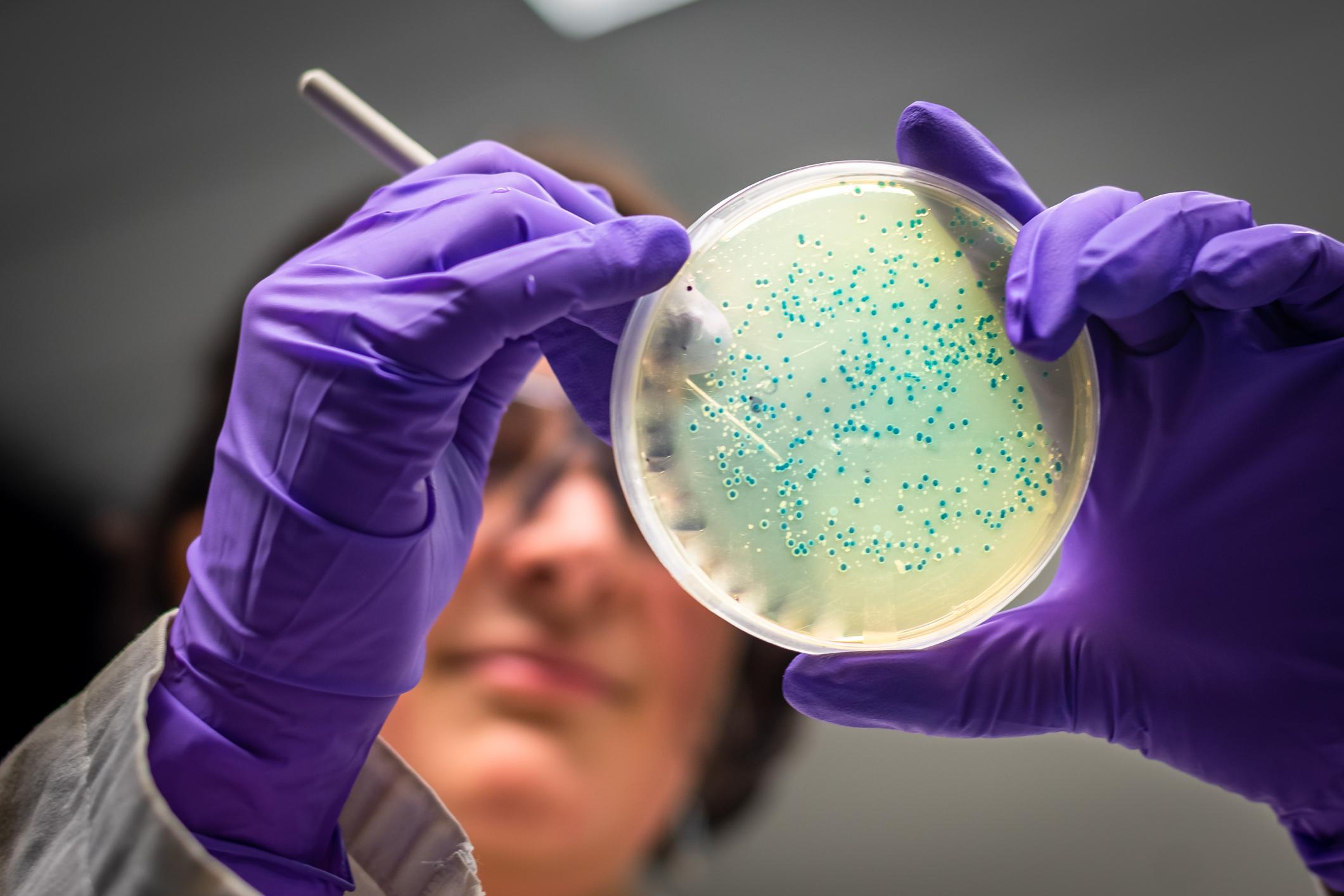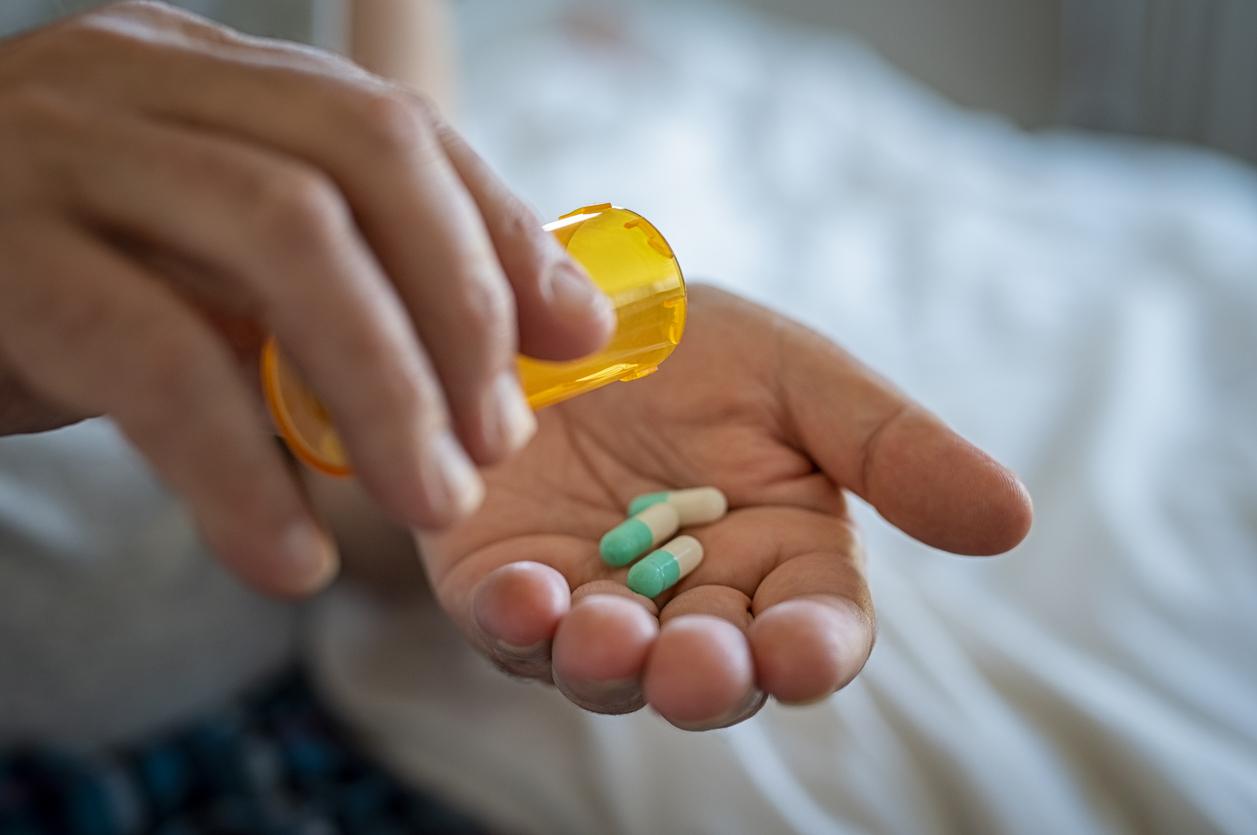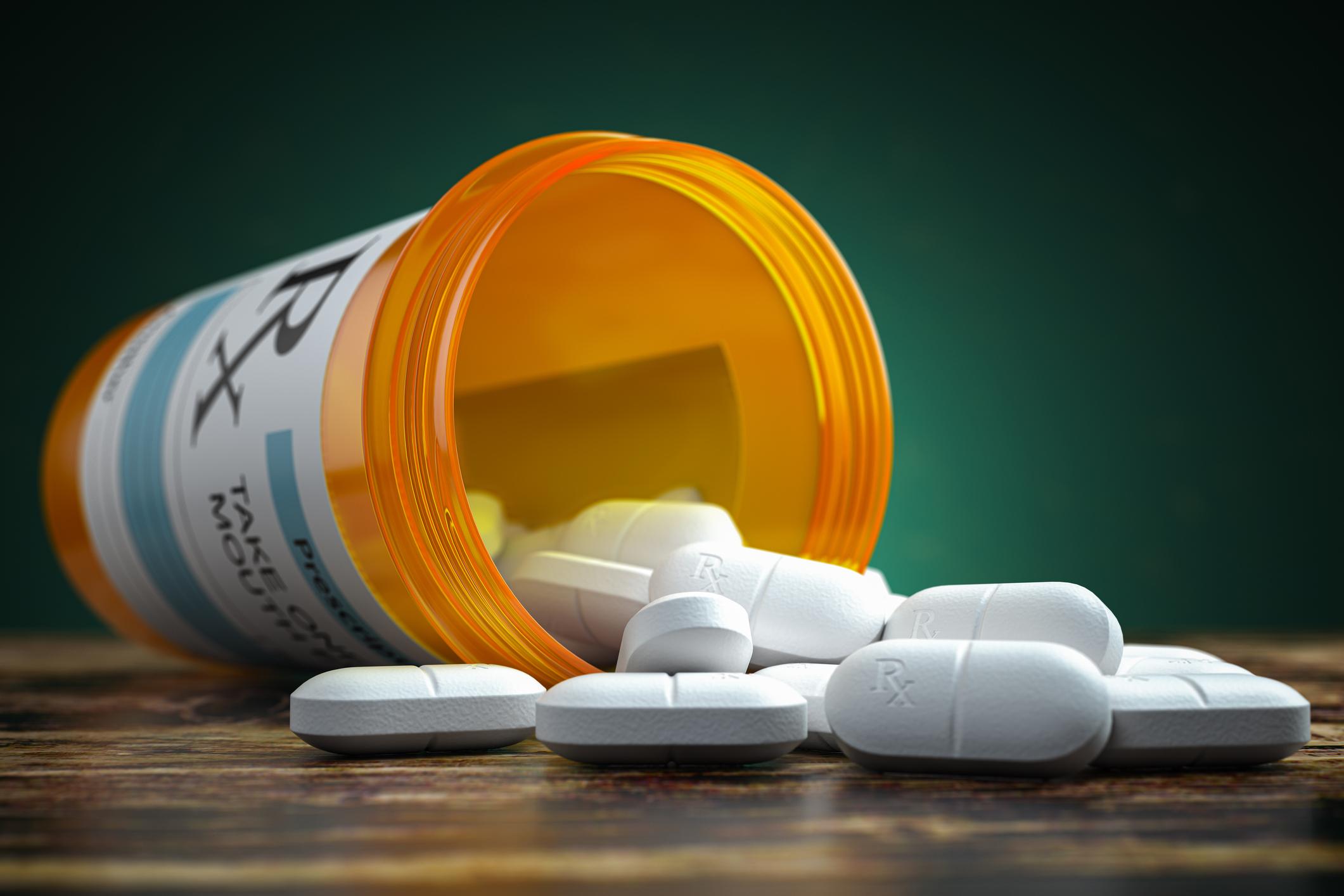Concern about excessive prescriptions of antibiotics is nothing new. The medical journal The Lancet Is sounding the alarm about a danger associated with this bad habit: the imminent arrival of drug-resistant super-bacteria. “Antibiotics have paved the way for unprecedented medical and social developments, and are now indispensable in all health systems,” says the British weekly, but “in a few years we could face terrible setbacks medically, socially and economically speaking, unless real and unprecedented global coordinated actions are decided immediately. ”
These super bacteria represent one of the most serious threats in the history of medicine, experts say cited by the newspaper The Independent. Professor John Watson, deputy head of the health department in England, says in the columns of the daily: “I am afraid that in 20 years, if I go to the hospital to have my hip replaced, I could contract an infection. leading to serious complications and possibly death, simply because the antibiotics will not work as they do now. ”
Routine operations could turn fatal due to resistance to the drugs we have used for years. This process could wipe out a century of medical progress, warn British government doctors in an editorial by Lancet. They believe the death rate from bacterial infections could return to early 20th century levels.
Among the solutions mentioned: reducing the number of antibiotic prescriptions, improving hospital hygiene and encouraging the pharmaceutical industry to work on new antibiotics and possible alternative treatments. Experts are struggling to estimate the exact cost of this resistance, but Joanna Coast, professor of health economics at the University of Birmingham says it could “affect the way the whole health system works.” Without counting the consequences on ecology, agriculture and the environment, concludes The Independent.


















